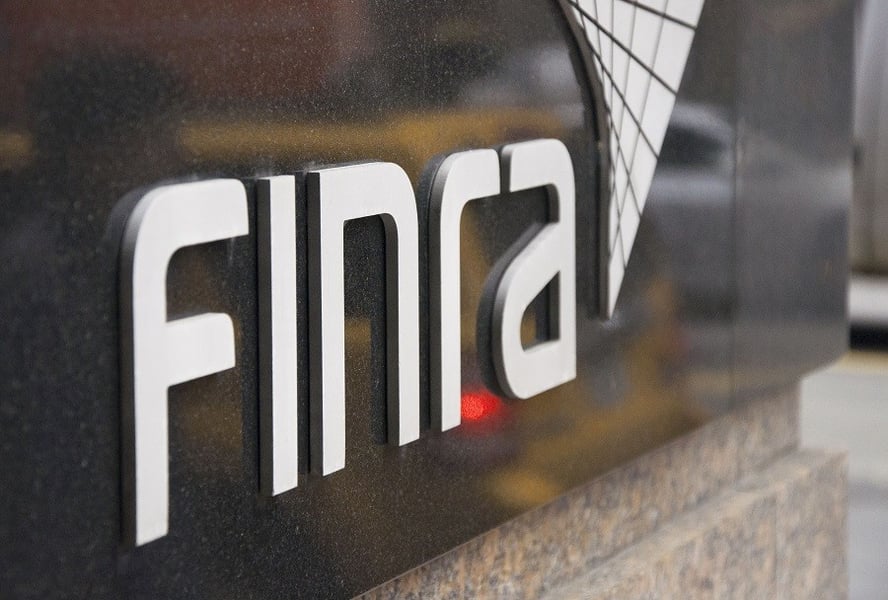

Finra announced Thursday that Merrill Lynch Pierce Fenner & Smith Inc. will pay $15.2 million to investors who purchased expensive share classes of mutual funds when more affordable ones were available.
The restitution agreement settles charges by the Financial Industry Regulatory Authority Inc. that the brokerage failed to supervise registered representatives selling mutual funds.
Finra alleged that from January 2015 to January 2021, Merrill Lynch failed to detect and limit customers who were purchasing too many Class C mutual fund shares, according to a June 1 settlement letter. Those shares don’t have a front-end sales charge but they entail higher ongoing fees and expenses than Class A shares, which have a front-end sales charge but lower ongoing costs.
Funds typically allow customers to purchase Class A shares with a front-load discount if the transaction exceeds a certain threshold. But over the timeline of the case, Merrill reps sold Class C shares when customers were eligible for the less expensive Class A shares.
“As a result, thousands of Merrill Lynch customers purchased Class C shares, incurring fees and charges, when Class A shares were available at a substantially lower cost,” the settlement letter states.
Merrill customers paid approximately $13.4 million in excess fees and expenses, Finra said. Merrill agreed to provide restitution of $15.2 million, which includes an interest charge, to settle Finra’s charges.
“Finra member firms must have supervisory systems reasonably designed to ensure that customers are aware of, and receive, available discounts when purchasing mutual funds, and are not charged unnecessary fees and expenses,” Jessica Hopper, Finra executive vice president and head of enforcement, said in a statement. “We want to remind and encourage firms to proactively detect, fix, and remediate these types of supervisory issues to realize the benefits of extraordinary cooperation when warranted.”
Merrill did not admit nor deny Finra findings. In addition, the firm avoided a civil penalty because Finra gave it credit for extraordinary cooperation with its investigation. The broker-dealer self-regulator also said the firm conducted an internal review and hired an outside consultant to identify affected customers and repay them.
“We proactively detected this issue, reported it to Finra and developed a client reimbursement plan,” Merrill spokesperson Naomi Patton said in a statement. “We implemented enhancements to address the issue and appreciate Finra’s acknowledgement of our extraordinary cooperation.”
Inadequate disclosure of expensive share classes has been regulatory priority for years. The SEC wrapped up a share-class initiative in 2020 but continues to file such cases. Finra has been cracking down on excessive fees in 529 college savings programs.
In Thursday’s enforcement action, Finra zeroed in on the distinctions between Class C and Class A shares that can cost customers money.
The regulator pointed out, for instance, that in November 2019, a Merrill customer bought Class C shares of a high-yield municipal bond mutual funds with an annualized expense of 1.76% instead of Class A shares with a 0.96% expense as a result of flaws in the firm’s automated system for overseeing such sales.

Relationships are key to our business but advisors are often slow to engage in specific activities designed to foster them.

Whichever path you go down, act now while you're still in control.

Pro-bitcoin professionals, however, say the cryptocurrency has ushered in change.

“LPL has evolved significantly over the last decade and still wants to scale up,” says one industry executive.

Survey findings from the Nationwide Retirement Institute offers pearls of planning wisdom from 60- to 65-year-olds, as well as insights into concerns.
Streamline your outreach with Aidentified's AI-driven solutions
This season’s market volatility: Positioning for rate relief, income growth and the AI rebound
